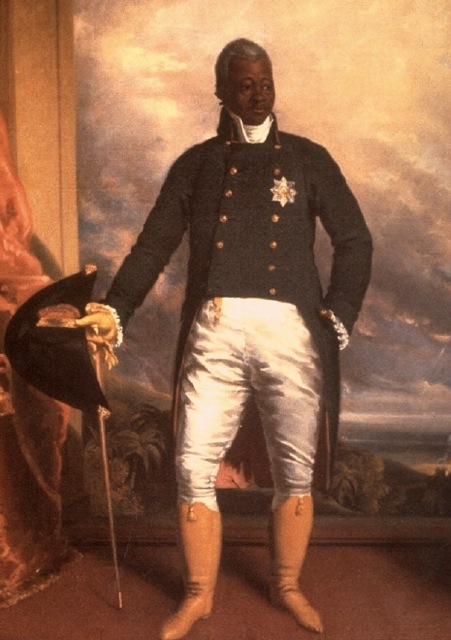About
SPAN365: “Magical Realism Reconsidered: Survey of Spanish-American Literature since the 1820s”
Spring 2010
Timetable: MWF, 10am-11am
Buchanan D312
This course provides the student with a survey of Spanish American literature from the 1820s to the present day. The classes focus not only on specific literary texts and their authors, but also examine the various genres and the historical and political context(s) within which the texts are situated.
For Spring 2010, we will focus on “magic” or “magical” realism.
Set texts: The set texts below are available at the UBC bookstore or (in the case of Fuguet and Gómez) via photocopies to be purchased from the instructor. You must do the reading in advance of the relevant classes, write your blog, and bring a copy of the text to class.
Miguel Angel Asturias, Leyendas de Guatemala (1930)
Alejo Carpentier, El reino de este mundo (1949)
Gabriel García Márquez, Cien años de soledad (1967)
Alberto Fuguet and Sergio Gómez, McOndo (1996)
Blog: You will write nine weekly responses to the reading on a blog (either one you already maintain, or one you set up specifically for the class); your entries are to be labelled “span365.” You will also comment on at least two other students’ blogs each week.
Assessment: One annotated bibliography (20%), a mid-term examination (20%), contributions to a Wikipedia project (20%), and a final essay due at the end of the semester (20%). Your blog entries and comments, plus attendance and participation, will constitute the final 20% of your grade.
Further reading: There is an immense amount written on Latin American literature, history, and culture. The following are starting points for further study.
González Echevarría, Roberto. Myth and Archive: A Theory of Latin American Narrative. Second Edition. Durham: Duke University Press, 1998.
Franco, Jean. An Introduction to Spanish-American Literature. Third Edition. Cambridge: Cambridge University Press, 1994.
Martin, Gerry. Journeys through the Labyrinth: Latin American Fiction in the Twentieth Century. London: Verso, 1989.
Swanson, Philip, ed. The Companion to Latin American Studies. London: Arnold, 2003.
Course convenor: Jon Beasley-Murray (jon.beasley-murray@ubc.ca). His office hours are Mondays, 2:30pm-3:30pm, and Wednesdays, 11:30am-12:30am, BuTo 808, or by appointment. You should feel free to get in touch with him if you have any queries or problems. It is always better to deal with problems when they arise than to keep quiet and hope they go away!
My expectations:
Above all, in this class you are expected to engage with (that is to think critically and creatively about, and be prepared to discuss) a series of literary texts. The main aim of all the various forms of assessment is to test the extent of your engagement, and to encourage you to articulate the results of that engagement in a variety of formats. Hence, the more effort you put in to reading the texts closely and critically, and to formulating your individual responses and arguments in a manner that can be presented persuasively, the better your final grade is likely to be.
Though knowledge (of historical context and secondary criticism, for instance) and linguistic skills may be useful aids to the formulation of thoughtful argument, this course does not aim directly to test either of these skills. You should not fear if at the start of the semester you feel either that your Spanish is not up to par, or that your background knowledge of Latin American literature and culture is patchy. This course builds on span220 and span364, and assumes no more knowledge or ability than what those two courses impart.
All I want you to do is read the set texts carefully, think about your reading, and take your own position as a result.
Here, therefore, are my golden rules:
- To engage, you must be present. So attend, attend, attend. And turn up on time.
- You must also have covered the material. So read the texts. But this is not a translation class: you are not expected to understand every word, every sentence, or even every paragraph or page. It is much better to have come to class having read 20 pages (and understood 60%) than having read 2 pages (looking up every single unfamiliar word).
- You must also be prepared to articulate your thoughts, questions, uncertainties, opinions, likes, dislikes etc. So write your weekly blog entries. These may be in either English or Spanish and should be between 400 and 500 words. Spend no more than half an hour on each response: but be sure to spend that half an hour. Forcing yourself to reflect on your reading will prepare you for class and kick-start revision.
- Finally, you must keep at it. But do not expect to grasp everything immediately. (If you did, there would be no point to the class.) So communicate any questions or problems you may have, either in class discussion, or via email, or in my office hours.
The golden rules again: 1) attend, 2) read, 3) write, and 4) communicate.
On language: the class will be conducted in Spanish (and both small and large group discussion is to take place in Spanish), but it is not a test of your language ability. Do not worry about making errors.
Blog entries may be in English or Spanish. Spanish majors should write their examination answers in Spanish; other majors are encouraged, but not required, to do likewise.
The timetable for each week will ordinarily be as follows:
Mondays: general discussion of the week’s reading
Wednesdays: examination of specific passages
Fridays: conclusion to the week’s discussion; preparation for the following week
You must have completed the week’s reading and written your blog post by midnight on Sunday.
Good luck. And just do it.

